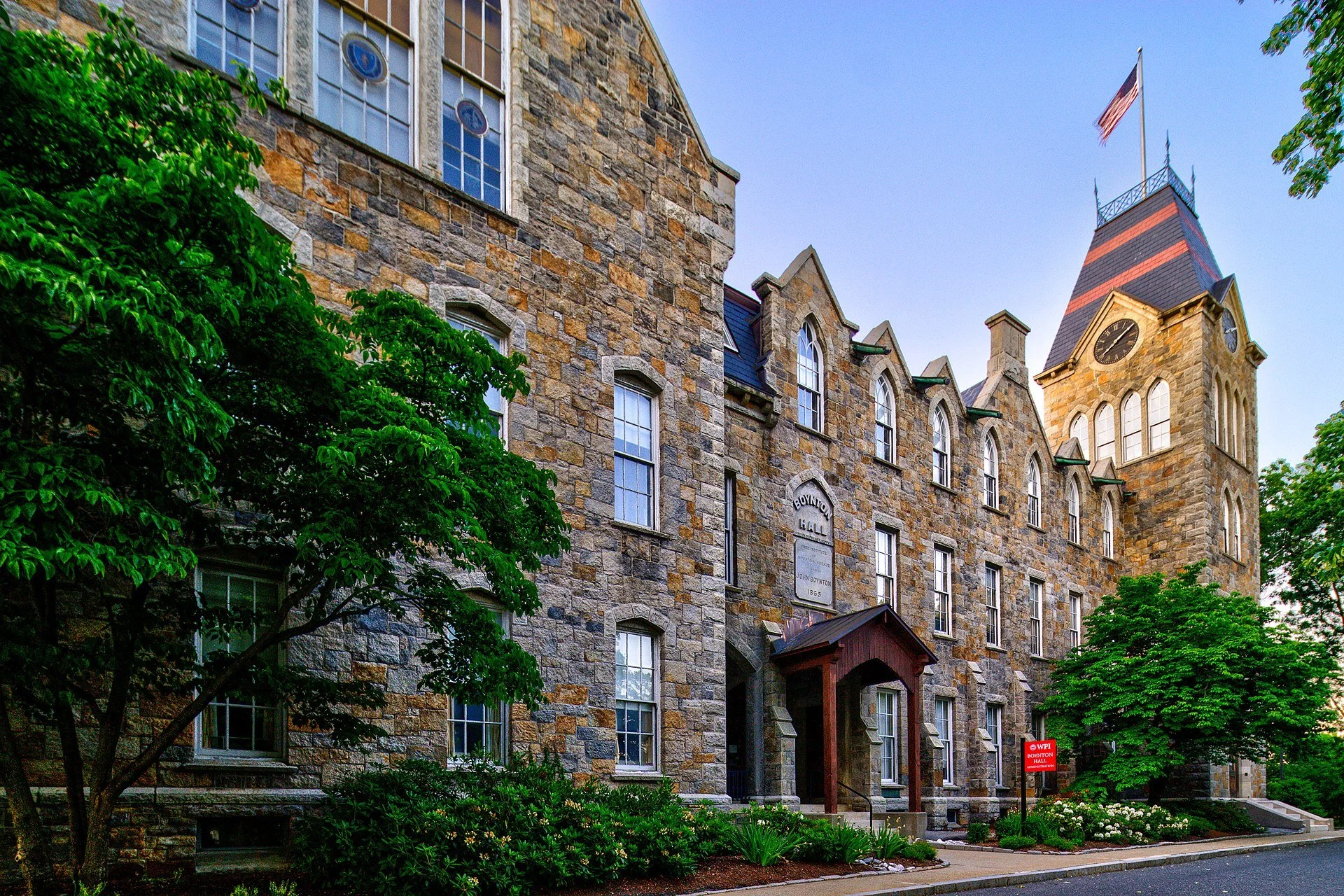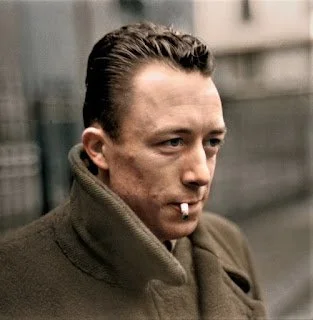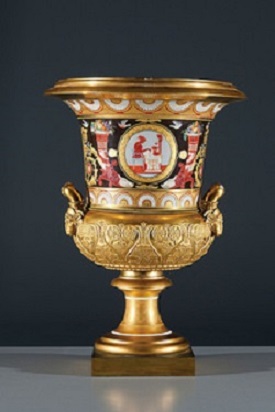Albert Camus
VERNON, Conn.
In March, 1957, the French novelist and philosopher Albert Camus (1913-1960) published an essay, at great cost to himself, titled “{Janos} Kadar Had His Day Of Fear.” His epitaph on the Soviet-suppressed Hungarian Revolution, in the fall of 1956, may serve as well as an epitaph on the Ukraine’s democratic revolution, which Russian dictator Vladimir Putin is now trying to destroy. Kadar (1912-1989) was the Communist boss of Hungary, reporting to his Soviet bosses.
The Hungarian Revolution was suppressed at the order of the Kremlin, run by its then boss, Nikita Khrushchev, after Stalin had installed in Hungary a Communist dictatorship after World War II. Camus regarded the takeover of Hungary by totalitarian Stalinists as a counter-revolution.
His essay was costly to Camus for a number of reasons. It was an epistle of liberty and a resolute, unambiguous disparagement of totalitarianism.
The essay began on a defiant note: “The Hungarian Minister of State Marosan, whose name sounds like a program, declared a few days ago that there would be no further counter-revolution in Hungary. For once, one of Kadar's Ministers has told the truth. How could there be a counter-revolution since it has already seized power? There can be no other revolution in Hungary.”
And the second paragraph likely was considered in France by what we might call its philosophical establishment as an awakening slap in the face: “I am not one of those who long for the Hungarian people to take up arms again in an uprising doomed to be crushed under the eyes of an international society that will spare neither applause nor virtuous tears before returning to their slippers like football enthusiasts on Saturday evening after a big game. There are already too many dead in the stadium, and we can be generous only with our own blood. Hungarian blood has proved to be so valuable to Europe and to freedom that we must try to spare every drop of it.”
And then France’s apostle of liberty let loose the following thunderbolt: “But I am not one to think there can be even a resigned or provisional compromise with a reign of terror that has as much right to be called socialist as the executioners of the Inquisition had to be called Christians. And, on this anniversary of liberty, I hope with all my strength that the mute resistance of the Hungarian people will continue, grow stronger, and, echoed by all the voices we can give it, get unanimous international opinion to boycott its oppressors. And if that opinion is too flabby or selfish to do justice to a martyred people, if our voices also are too weak, I hope that the Hungarian resistance will continue until the counter-revolutionary state collapses everywhere in the East under the weight of its lies and its contradictions.”
Camus himself was both an atheist and a socialist fully prepared to take to the ramparts, in fine French fashion: “For it [the Stalinist false front] is indeed a counter-revolutionary state. What else can we call a regime that forces the father to inform on his son, the son to demand the supreme punishment for his father, the wife to bear witness against her husband —that has raised denunciation to the level of a virtue? Foreign tanks, police, twenty-year-old girls hanged, committees of workers decapitated and gagged, scaffolds, writers deported and imprisoned, the lying press, camps, censorship, judges arrested, criminals legislating, and the scaffold again—is this socialism, the great celebration of liberty and justice?”
Here at last was a man who knew how to draw proper distinctions. The essay was bound to tread on tender toes.
In Hungary, a Joshua horn had been sounded, and walls had begun to tumble: “Thus, with the first shout of insurrection in free Budapest, learned and shortsighted philosophies, miles of false reasonings and deceptively beautiful doctrines were scattered like dust. And the truth, the naked truth, so long outraged, burst upon the eyes of the world.
“Contemptuous teachers, unaware that they were thereby insulting the working classes, had assured us that the masses could readily get along without liberty if only they were given bread. And the masses themselves suddenly replied that they didn't have bread but that, even if they did, they would still like something else. For it was not a learned professor but a Budapest blacksmith who wrote: ‘I want to be considered an adult eager to think and capable of thought. I want to be able to express my thoughts without having anything to fear and I want, also, to be listened to.’"
It was an essay too far for many stern socialists in France, some of whom were prepared to avert their eyes so long as the Soviet experiment in Russia moved forward unimpeded.
Camus stood in the way of totalitarian progress. He was of the party of liberty and just revolt. As such, he ended his essay: “Our faith is that throughout the world, beside the impulse toward coercion and death that is darkening history, there is a growing impulse toward persuasion and life, a vast emancipatory movement called culture that is made up both of free creation and of free work.
“Our daily task, our long vocation is to add to that culture by our labors and not to subtract, even temporarily, anything from it. But our proudest duty is to defend personally to the very end, against the impulse toward coercion and death, the freedom of that culture—in other words, the freedom of work and of creation.
“The Hungarian workers and intellectuals, beside whom we stand today with so much impotent grief, realized that and made us realize it. This is why, if their suffering is ours, their hope belongs to us too. Despite their destitution, their exile, their chains, it took them but a single day to transmit to us the royal legacy of liberty. May we be worthy of it!”
Don Pesci is a Vernon-based columnist.
















